Summaries of books about Biology:
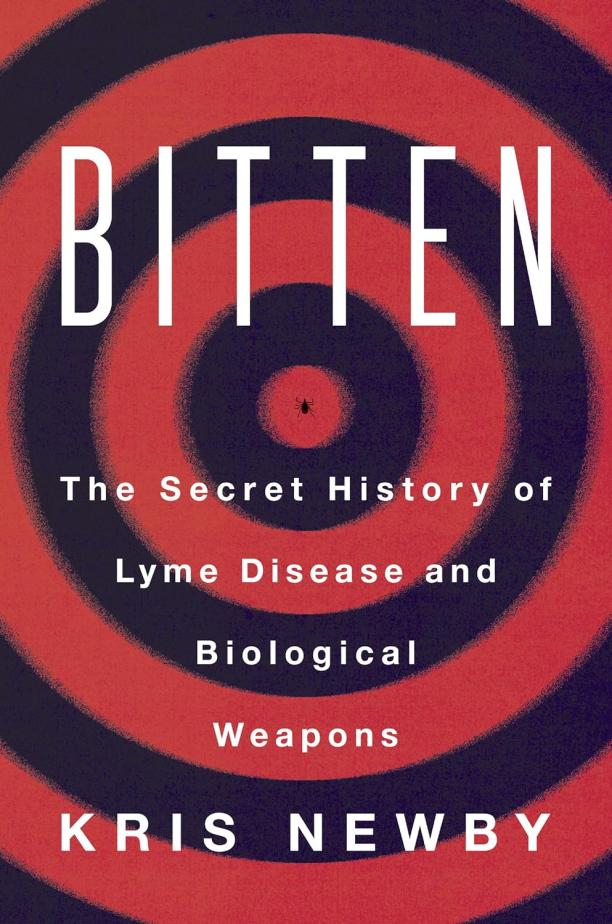
Bitten
The Secret History of Lyme Disease and Biological Weapons
Kris Newby
The book investigates the origins of Lyme disease, exploring the possibility that it was a result of a biological weapons program. It delves into the life and work of Willy Burgdorfer, the scientist who discovered the Lyme pathogen, and uncovers evidence of a connection between tick-borne diseases and government experiments.
See full summary
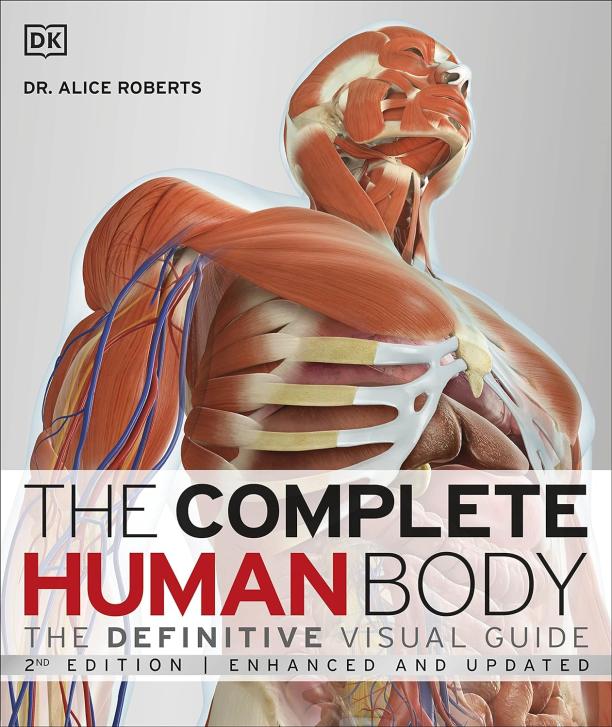
The Complete Human Body
The Definitive Visual Guide
Alice Roberts
The book provides a comprehensive exploration of human anatomy, physiology, and pathology through detailed illustrations, photographs, and accessible explanations. It covers the intricate structure and functions of every part of the human body, from the smallest cells to complex body systems.
See full summary

Never Enough
The Neuroscience and Experience of Addiction
Judith Grisel
The book delves into the author's personal journey with addiction and combines it with her professional expertise in neuroscience to explore how addictive substances can hijack the brain. It provides a comprehensive look at the science behind addiction, examining the biological and environmental factors that contribute to the development and persistence of addictive behaviors.
See full summary
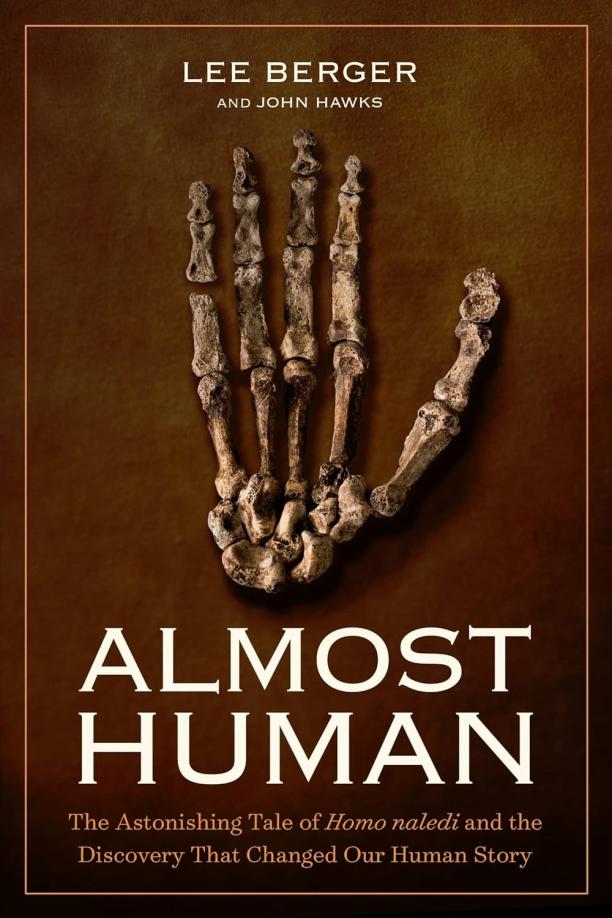
Almost Human
The Astonishing Tale of Homo Naledi and the Discovery That Changed Our Human Story
Lee Berger|John Hawks
The book chronicles the remarkable discovery of a new species of human ancestor, Homo naledi, in a South African cave, detailing the groundbreaking implications for our understanding of human evolution. It delves into the scientific journey of exploration and analysis, revealing how these ancient fossils challenge conventional views on the origins and diversity of the human lineage.
See full summary
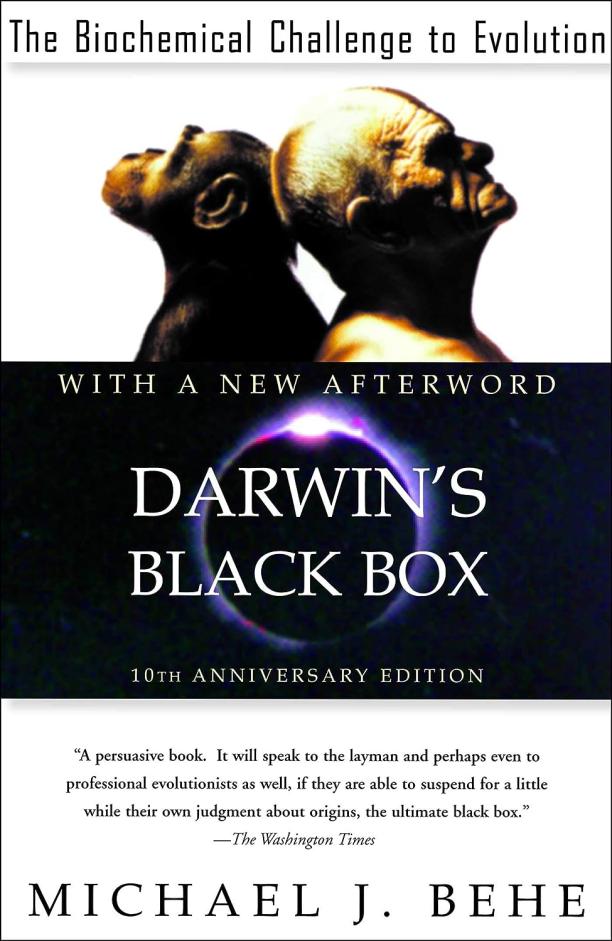
Darwin's Black Box
The Biochemical Challenge to Evolution
Michael J. Behe
The book presents an argument for intelligent design based on the complexity of biochemical systems, which the author claims cannot be explained by Darwinian evolution due to their "irreducible complexity." It critiques the ability of natural selection to account for the intricate machinery found within living cells.
See full summary
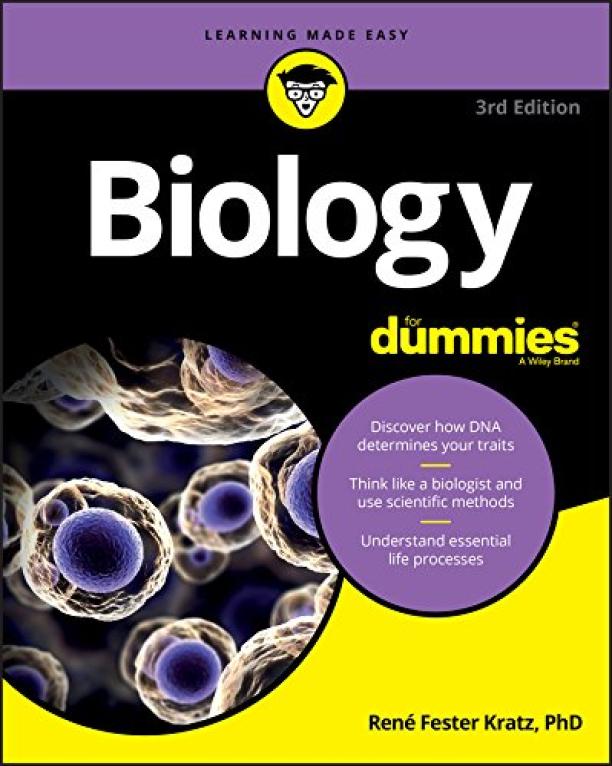
Biology For Dummies
René Fester Kratz
The book provides a comprehensive overview of fundamental biological concepts, ranging from cell structure and function to genetics and evolution. It simplifies complex topics for easy understanding, making it suitable for students or anyone interested in learning the basics of biology.
See full summary

Gory Details
Adventures From the Dark Side of Science
Erika Engelhaupt
The book delves into morbid, macabre, and lesser-known aspects of science, exploring topics such as the science of death, forensic investigations, and the human body's peculiarities. It presents a collection of intriguing and sometimes unsettling scientific stories, facts, and research that reveal the strange and fascinating side of the natural world.
See full summary
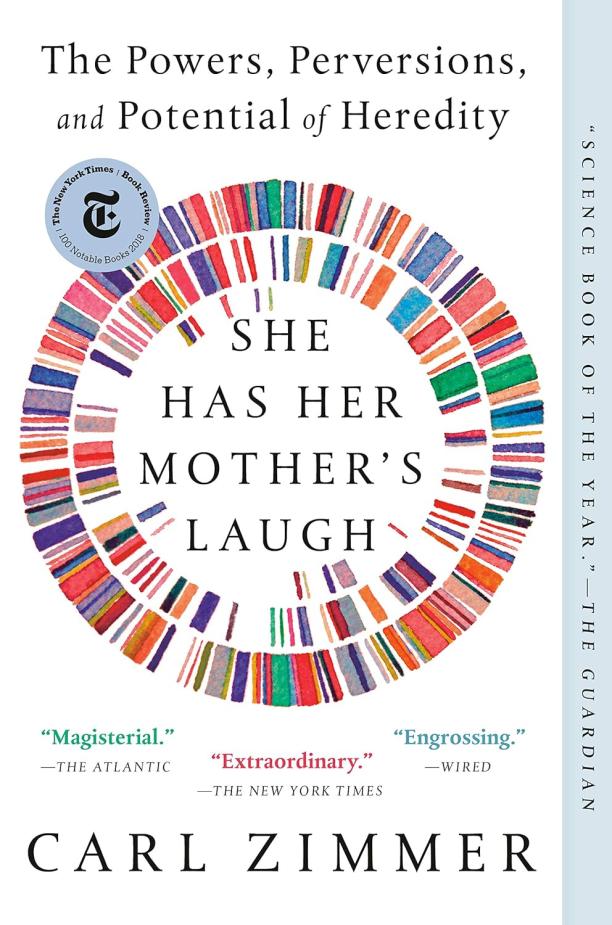
She Has Her Mother's Laugh
The Powers, Perversions, and Potential of Heredity
Carl Zimmer
The book explores the concept of heredity, tracing its scientific history from ancient times to modern genetic research, and examines how genes and environment shape organisms. It delves into the complexities of genetic inheritance, the impact of DNA on identity and society, and the ethical dilemmas posed by new genetic technologies.
See full summary
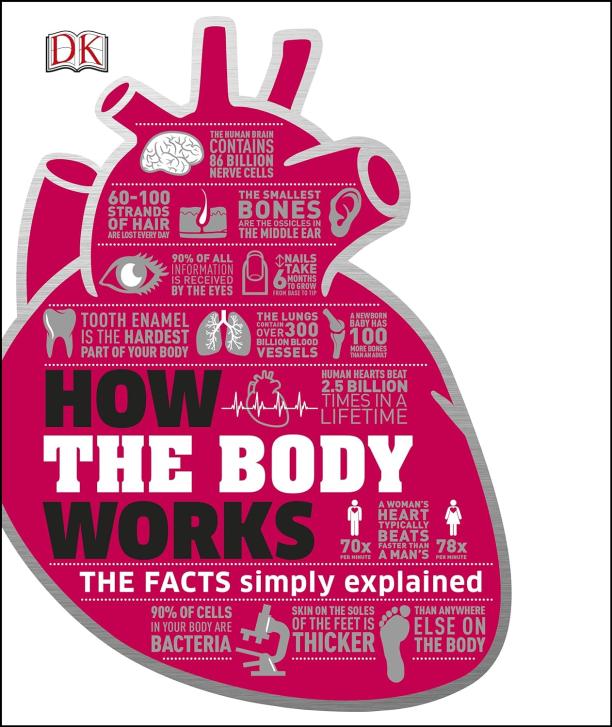
How the Body Works
The Facts Simply Explained
DK
The book provides a comprehensive overview of human anatomy and physiology, explaining the functions of different body systems through detailed illustrations and easy-to-understand language. It covers topics ranging from the cellular level to the complex interactions within the body, making the science of how we function accessible to readers of all ages.
See full summary
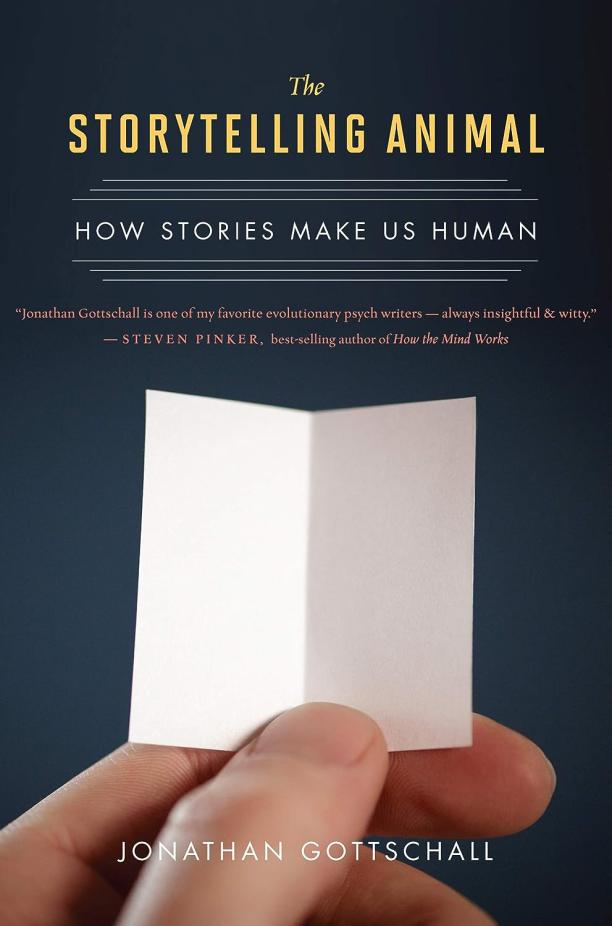
The Storytelling Animal
How Stories Make Us Human
Jonathan Gottschall
The book explores the fundamental role that storytelling plays in human life, from dreams and daydreams to myths and entertainment, arguing that our penchant for narrative is hardwired into our species. It delves into the ways stories shape our perceptions, relationships, and identities, and how they have evolved as a key component of human culture and cognition.
See full summary